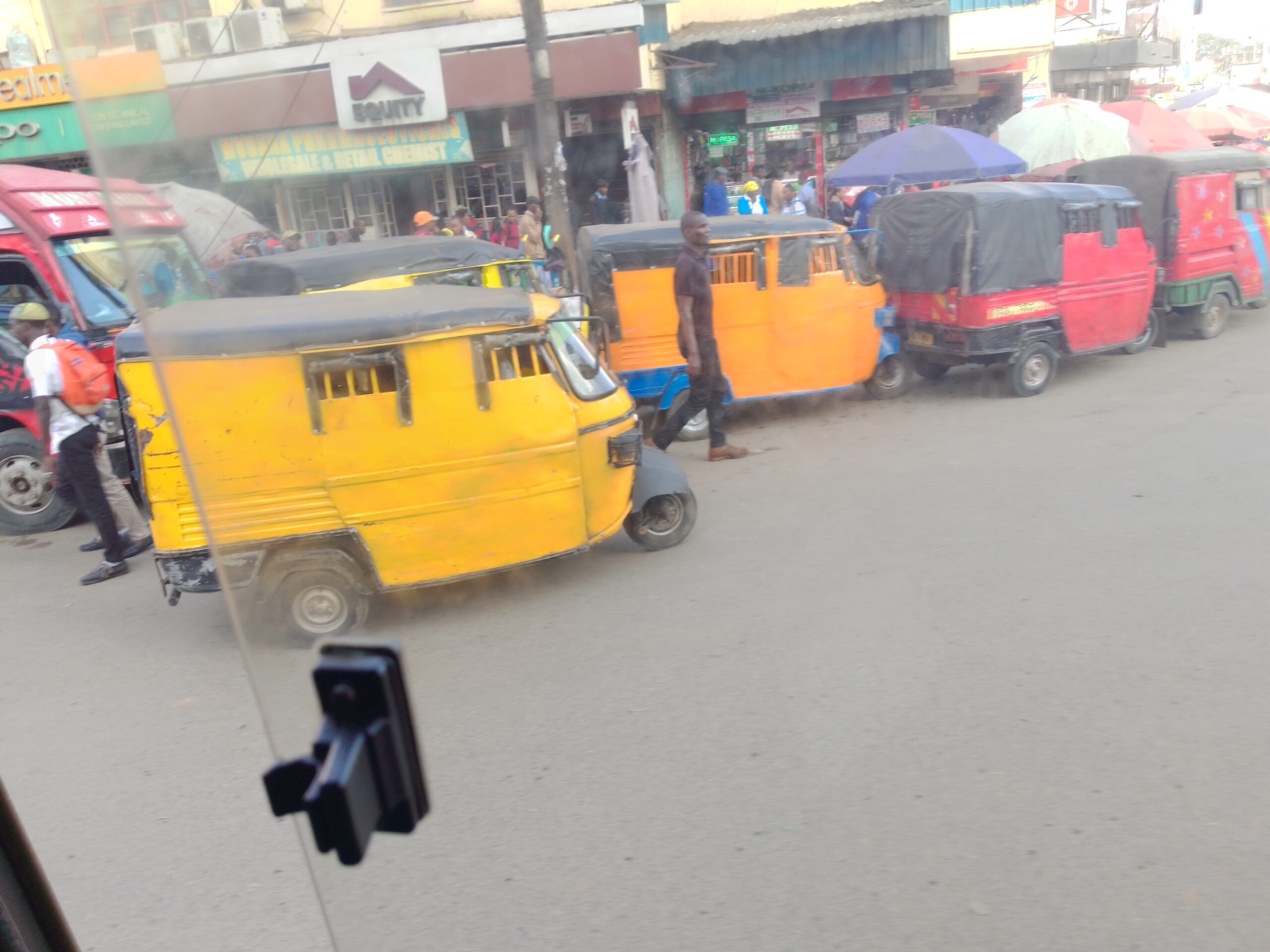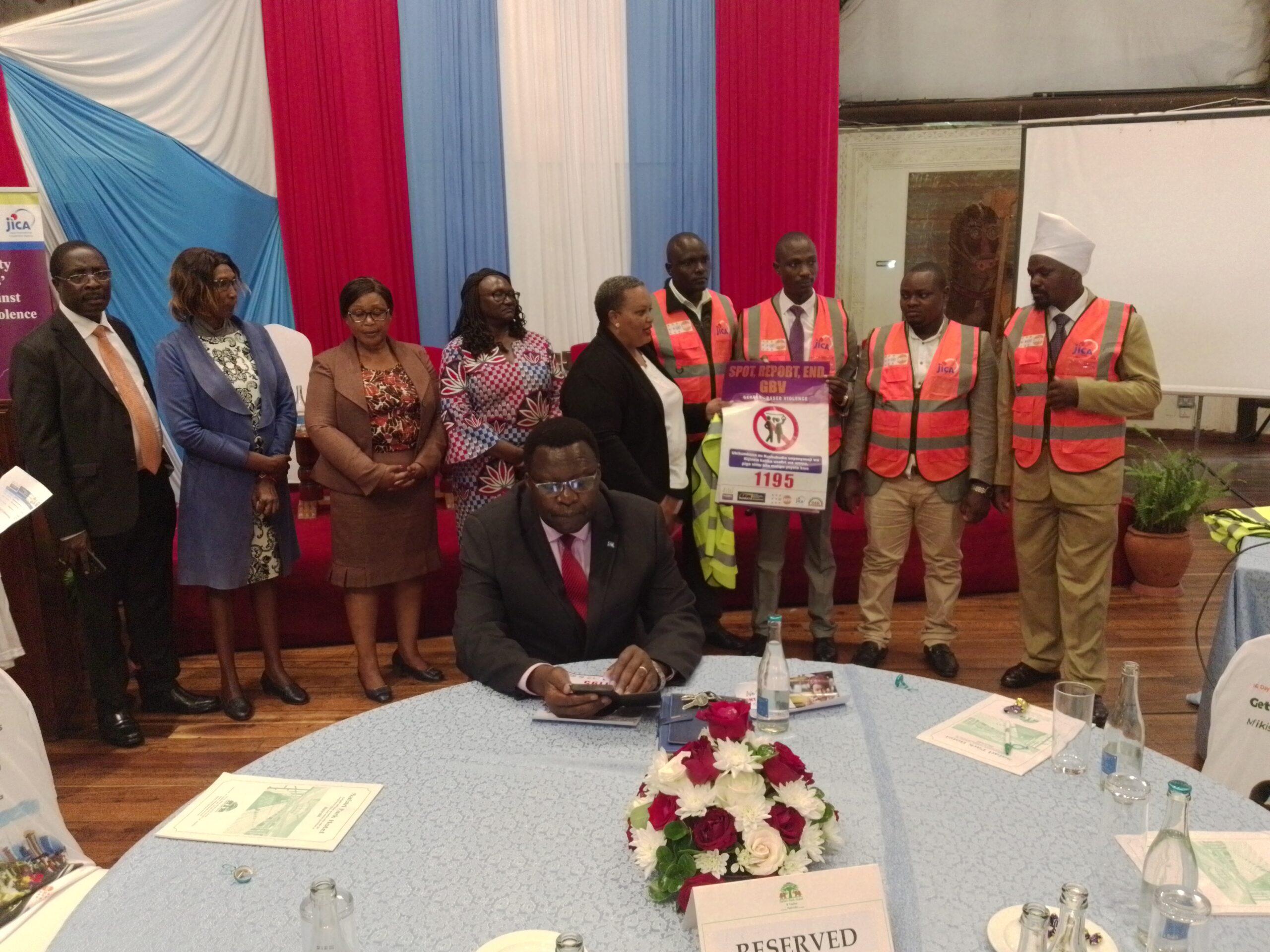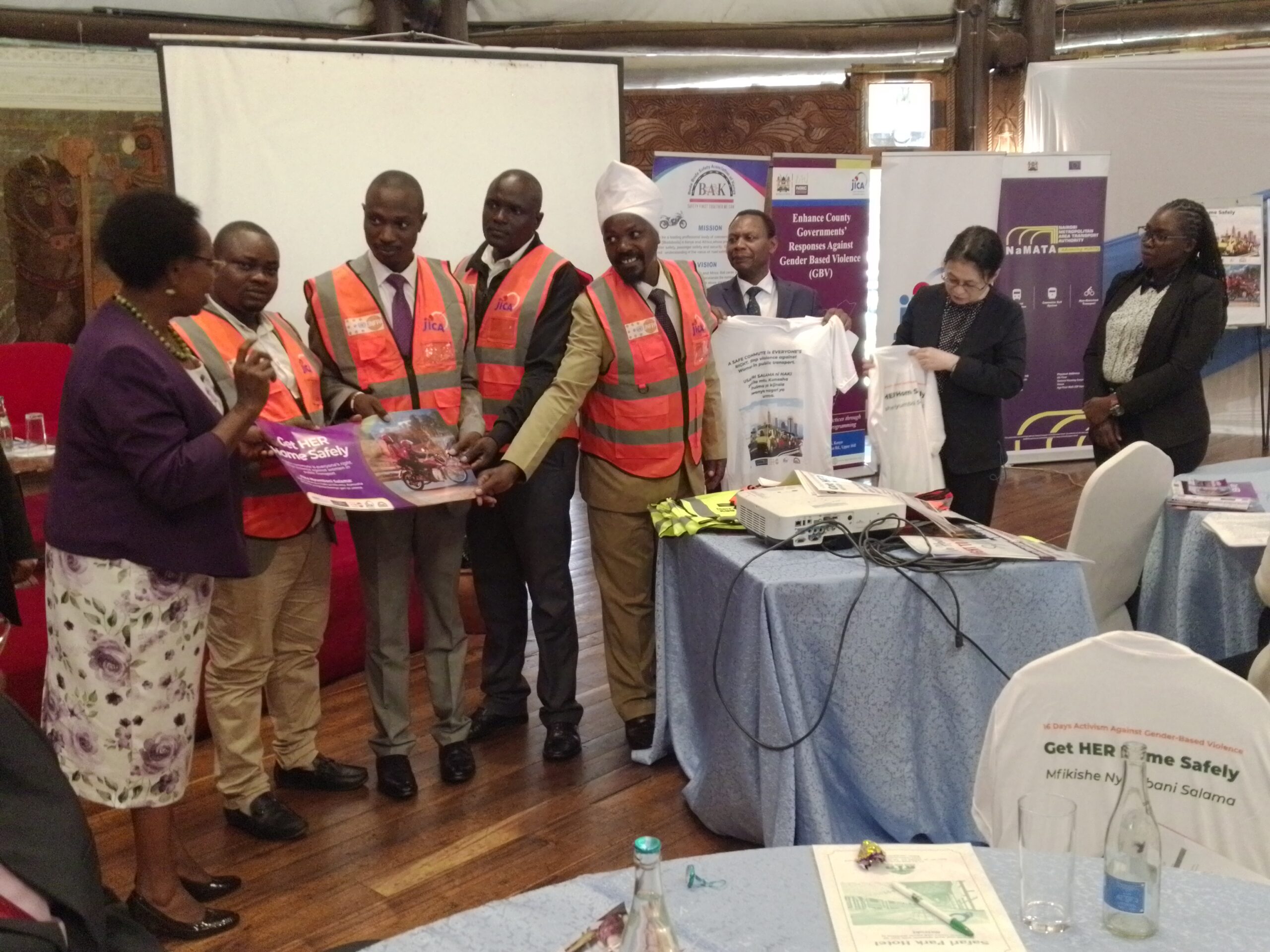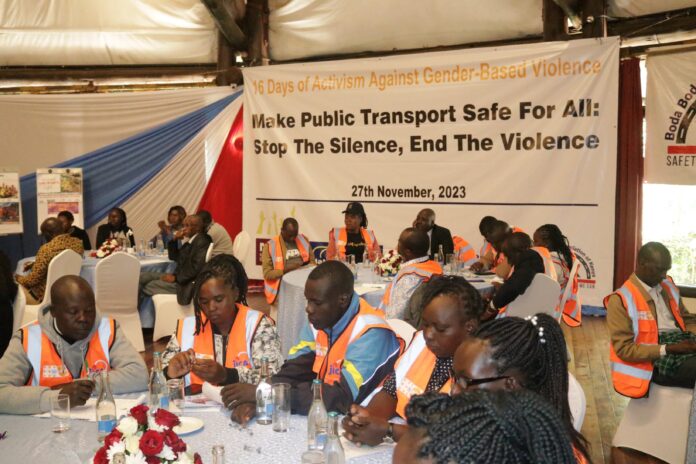By Henry Owino
Nairobi, Kenya: A large number of people in Kenya use public transportation to get from one place to another. In fact, the majority of commuters use matatus, which are a type of minibus that dominates the transportation industry. Boda-bodas aka motorbike taxis, are another popular option for those who need to get around quickly.
Unfortunately, boda-boda have been repeatedly condemned across the board for immoral behavior leaving the sector as social decadent. The fast-growing motorcycle transport industry blames; left, right & center, back and forth has rendered it disdain.
However, pointing fingers at the motorbike riders and accusing them of sexual harassment and responsible for teenage pregnancy remains implausible claims without data backup. Therefore, condemning someone or an entity for being liable for social vice with short evidence is erroneous.
Following unending accusations to the boda-boda riders by members of the public, UNFPA and partners saw it wise to invite the entire transport sector leadership for discussions and sensitization on the subject matter. This was aimed at fixing or solving the issue while marking the 16 Days of Activism against Gender-Based Violence Campaign.
The campaign officially kicks off on 25 November, and runs until 10 December, annually. This year in Kenya, national launching was in Busia County a day prior. It is usually an International Day for the Elimination of Violence against Women.

The 16 days of activism is Human Rights Day, calling for the prevention and elimination of violence against women and girls. This year’s theme is dubbed; UNITE! Invest to Prevent Violence against Women!
Pervasive Transport Sector
According to Dr. Joyce Mutinda, Chairperson, National Gender Equality Commission (NGEC), there is need for urgent action to end SGBV in public transport. She said the conference on Sexual and Gender-Based Violence (SGBV) in the public transport sector is part of the commemoration of the 16 days of activism against the vice this year, 2023 going forward.
“Transport sector is part of this joint campaign of 16 days of activism against SGBV and it calls for concerted efforts for the prevention and elimination of the vice. Our focus on the transport sector is deliberate, as this domain is not exempt from the pervasive shadow of SGBV,” Dr. Mutinda revealed.
Dr. Mutinda noted that a problem conversed everywhere and everytime instead of trying to fix or solve it, always worsened the situation. It is for this reason that NGEC and its partners refused to engage in finger-pointing instead, welcoming the boda-boda rides and the whole transport sector on board to engage for lasting solutions.
 Unfortunately, truth be told, passengers who commute using these matatus and boda-boda riders suffers undeserved SGBV in their journey. The behavior has caused fear and distress among commuters especially females, imposing regular customers to develop negative attitudes towards the riders owing to experiences.
Unfortunately, truth be told, passengers who commute using these matatus and boda-boda riders suffers undeserved SGBV in their journey. The behavior has caused fear and distress among commuters especially females, imposing regular customers to develop negative attitudes towards the riders owing to experiences.
“We are thrilled to kick off the 16 Days of Activism Against GBV Campaign together with the public transport sector. I know, together we can create a more equitable and secure society for all transport stakeholders regardless of our transport alignment,” Dr Mutinda passionately said.
Boda-boda riders are the most accused in transport sector for sexual harassment (SH) that is expressed in many forms: Physical violence such as inappropriate touch or contact; Psychological involving body shaming or other verbal abuse that is insulting and degrading to the victim; and socio-economic violence where either parties demand for sex instead of fare.
Others include; cases of undressing, stripping of female commuters, and exposure to unwanted content just to mention but a few.
“GBV is not only a human rights violation but one of the greatest barriers to advancing gender equality in Kenya. The harsh reality is that incidents of harassment, whether verbal or physical, often occur inside public transport vehicles and associated spaces,” Dr. Mutinda disclosed.
Hotspot Areas
Women and girls are fraught with SGBV risks along the way, including on the walk to and from stops and transport hubs such as bus-stops or train stations and terminals, while boarding and alighting, and during ride.
 According to Naomi Mwaura from NAMATA, the counties with prevalent SGBV and hotspot are bus-stops in; Kisumu, Bungoma, Kitengela and Githurai 44 & 45 in Nairobi. She expressed fear and called upon government and law enforcement agencies to beef up security and mount surveillance cameras.
According to Naomi Mwaura from NAMATA, the counties with prevalent SGBV and hotspot are bus-stops in; Kisumu, Bungoma, Kitengela and Githurai 44 & 45 in Nairobi. She expressed fear and called upon government and law enforcement agencies to beef up security and mount surveillance cameras.
Again, female unique travel needs, concerns and safety are often overlooked in the design and provision of transport infrastructure, leaving them vulnerable to SGBV. Public transport is not just a means of getting from point A to B. It is a lifeline, especially for women and girls, connecting them to markets, services, jobs, education, and healthcare among others.
However, women and girls face formidable barriers in accessing reliable and secure transport services. According to the KDHS 2022 Report, it is estimated that 43% of women have experienced violence by their intimate partners and family members.
On the other hand, 65% of women and girls experience sexual harassment in public spaces. SGBV is experienced both in the public and private spaces. Public transport sector is one of the largest spaces within which SGBV is experienced mostly by women and girls.
Kenya’s rapid urbanization experience is demanding for efficient, safe, and reliable public transport which has never been more pronounced. It is not doubtable that this public transport sector is essential in connecting people, commuters, and economies.
Unfortunately, the sector is finding itself grappling with significant gender imbalances that demand collective attention and involvement of all transport stakeholders. This is crucial for coming up with strategies that lead to elimination of SGBV for a successful and trusted transport industry.
The partners in the sector include; Media, JICA-Kenya, NAMATA, NTSA, National and County Governments, Government Agencies, Private Sector, Boda-Boda Association of Kenya, CSOs, Public Transport Associations among other organizations.














